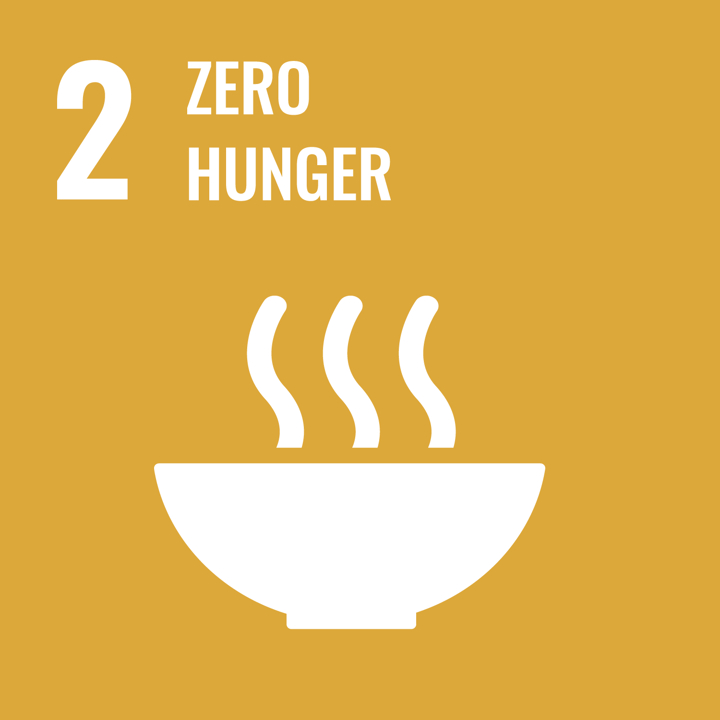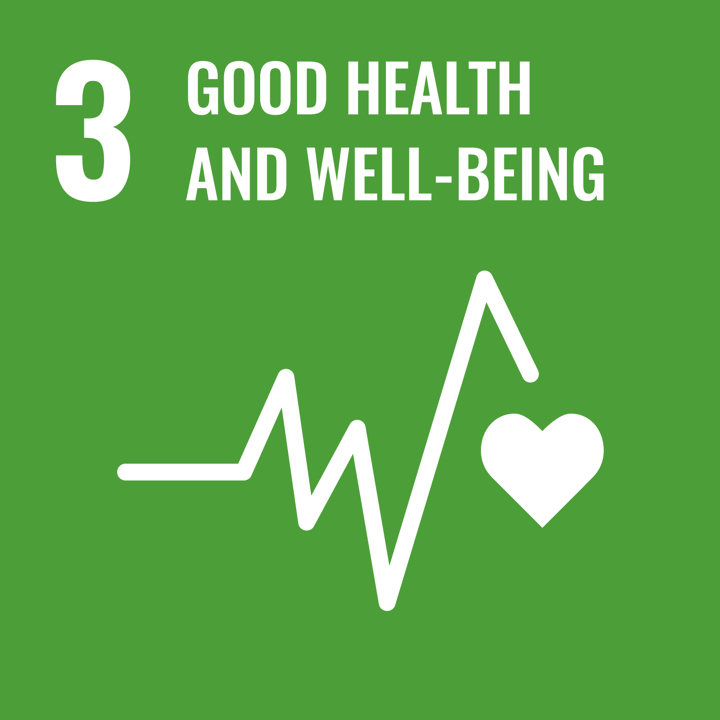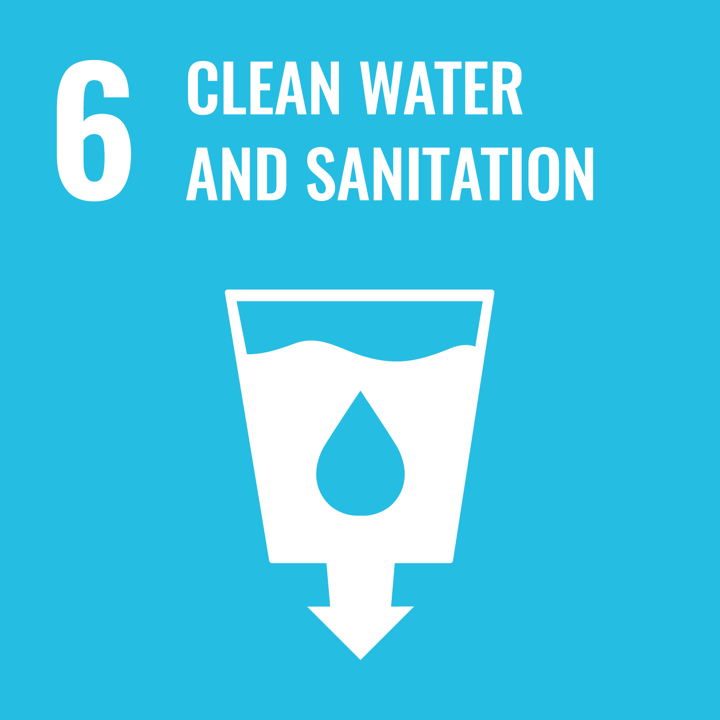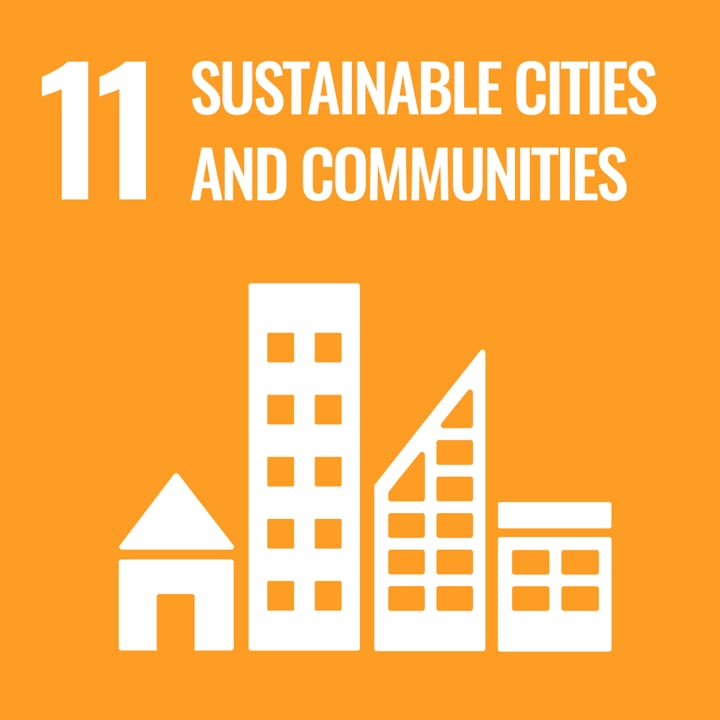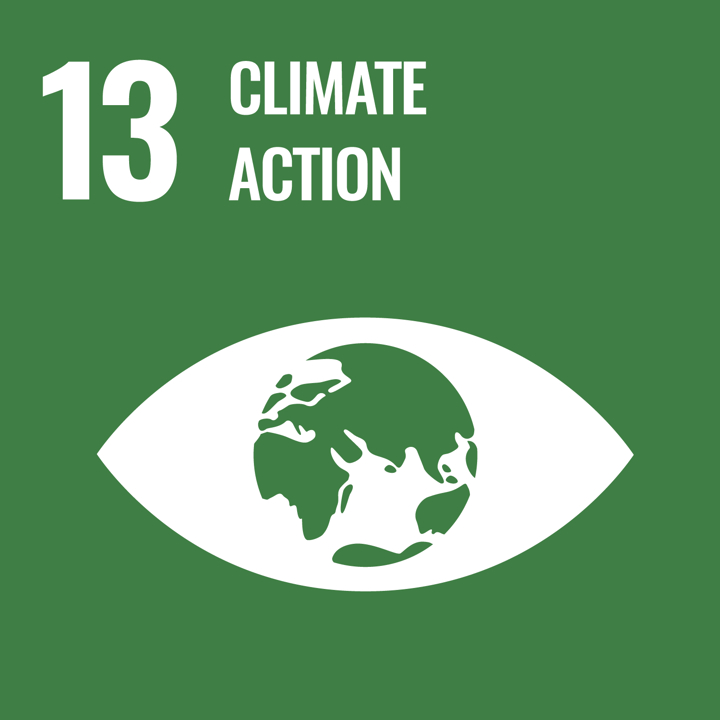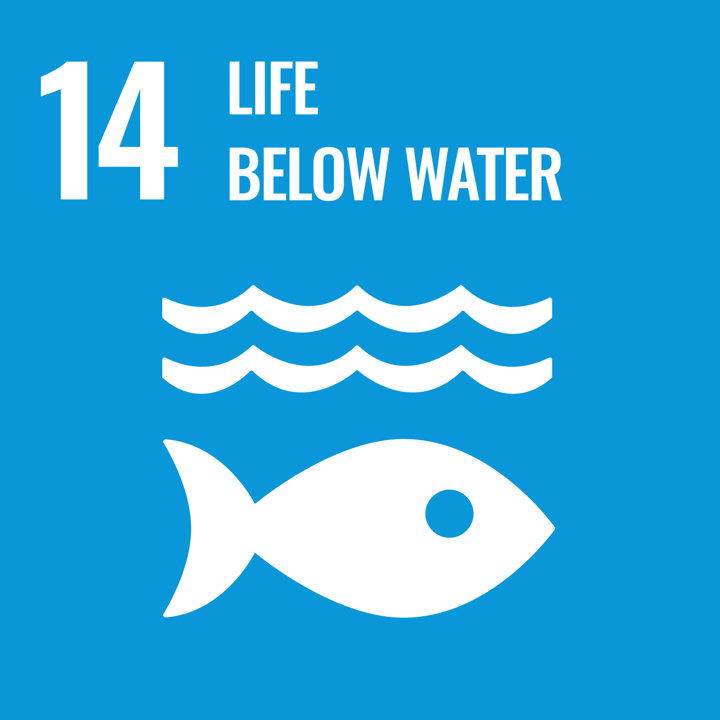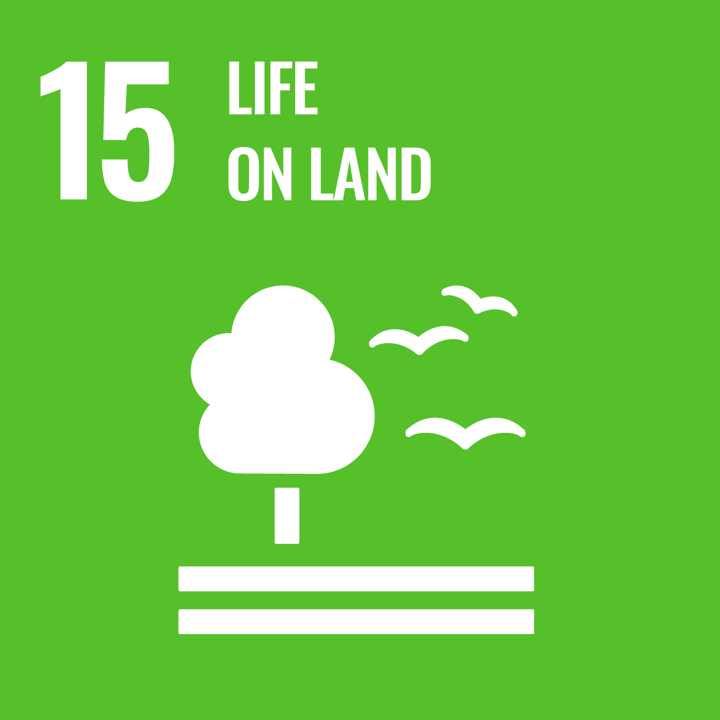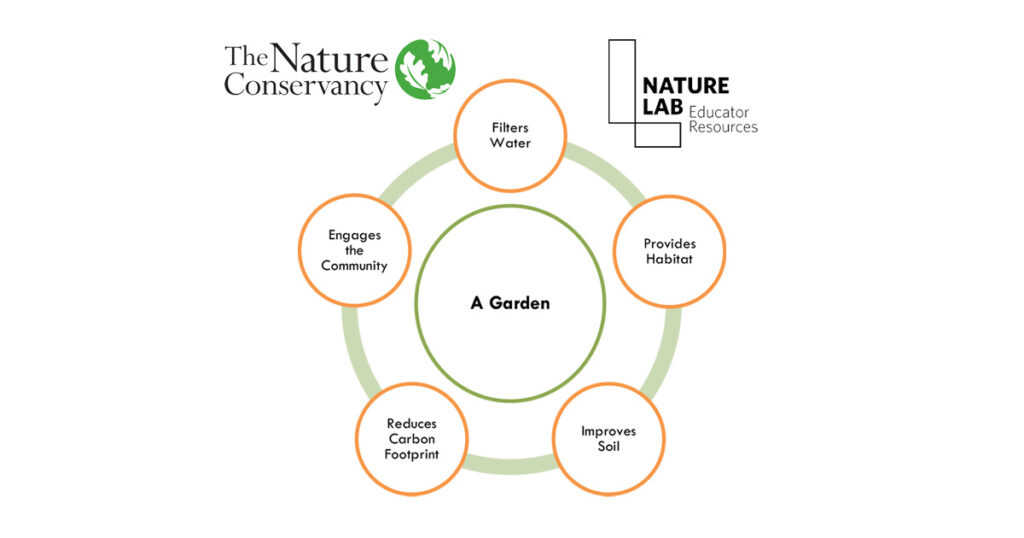
Intended End User: Lehrer
Altersgruppe: Obere Primarstufe; Untere Sekundarstufe
Lehrplan der Schule: Maths; Science; Social, Physical & Health Education; Social & Environment Science
Themen und Fragestellungen: Behaviour & Lifestyle, Collective Action, Environmental Change, Food and Agriculture, Citizenship, Pedagogy Approaches
Dauer: 20 hours total but with shorter options.
Art der Ressource: Assessment, Guidelines & Notes, Audio/Video, Lesson Plans, Presentation
Schlüsselwörter: School Garden, Habitat, Soil, Food, Carbon Footprint, Community Garden, Bio-Diversity, Scientific Approach, Place-Based Learning
Sprachen: Englisch
Beschreibung
Ziel dieses Leitfadens ist es, den Schülern die ökologischen Funktionen eines jeden natürlichen Systems zu vermitteln und zu zeigen, wie diese Funktionen in einem natürlichen Gebiet wie einem Garten erfüllt werden.
Many elements are interconnected and function together to create the natural and productive living system that is your garden. This series of resources and lessons plans start with a general overview of the interconnected systems within a garden, with supporting video resources and activities.
Building on from this introduction, more details and practical lesson plans are provided focusing on key areas of habitat, soil quality, carbon footprint and community engagement. Each set of lessons adopts a scientific approach to exploring, engaging and evaluating achievements and learning outcomes.
Wie Sie diese Ressource nutzen können
This series of resources for teachers focuses around the school garden as a learning environment for students and community. Following an introductory series of classes into the interrelated living systems of a school garden, detailed action-orientated lesson plans with supporting resources guide the teacher and students through an exploration of aspects of the garden; soil, habitat, food and carbon footprint and community. Throughout the themed explorations, emphasis is put on gathering data, analysis, decision making, action taking and evaluation.
The resources start with an exploration of the garden systems, building a deeper understanding of the important interrelationships between each system towards a healthy and sustainable environment. The global perspectives and drivers inform the local examination and informed action.
Each set of lesson plans is built around clear learning objectives and pedagogic approaches to encourage curiosity and literacy in scientific and environmental terms. Each set of lesson plan learning objectives is structured under knowledge, comprehension, application, analysis, synthesis and evaluation headings for students to achieve.
Implementation of these resources would require an interdisciplinary approach and engagement with local community stakeholders.
The resources are a good example of how a school garden can be utilised to support student learning and engagement in SC. There is scope for teacher to reflect on their own practice and context to adapt and implement resources in their own schools.
Within each series of lessons plans there is space to evaluate the effectiveness of the school garden under each themed lens. There is also built in self-reflection and self-evaluation for students within lesson plans.
Die Ressourcen
Garden Lesson Plans: Living Systems (PDF):
Building on from this introduction, more details and practical lesson plans are provided focusing on key areas of:
Each set of lessons adopts a scientific approach to exploring, engaging and evaluating achievements and learning outcomes.
This resource has been developed by Nature Lab, The Nature Conservancy’s youth curriculum platform. It is shared on the Synapses Teacher Academy Portal with kind permission from Nature Conservancy.
Other Resources:
Additional resources are available on how to build a garden and additional lesson plans in this series by following this link:
For additional educational resources from Nature Lab, click the link below:
To find out more about the great work done by Nature Conservancy, follow the links:
Lernergebnisse
- Abfrage des Vorwissens und Weiterentwicklung von Wissen und Verständnis von Schlüsselkonzepten der nachhaltigen Bürgerschaft, wobei etablierte Weltanschauungen und Werte in Frage gestellt werden.
- Apply a range of suitable tools and frameworks to promote student Sustainability Citizenship.
- Reflektieren Sie die Praxis und untersuchen Sie die nationalen Lehrpläne, um Möglichkeiten zur Förderung der nachhaltigen Bürgerschaft auf interdisziplinäre Weise zu identifizieren und mit externen Interessengruppen in Kontakt zu treten.
- das Wissen, die Instrumente und den Rahmen gemeinsam zu synthetisieren, um Bildungsmaterialien und Unterrichtspläne zu erstellen, die an ihren eigenen lokalen Kontext angepasst sind
- Entwicklung und Anwendung von Beurteilungskriterien zur Bewertung des bürgerschaftlichen Engagements für Nachhaltigkeit bei Schülern.
Grüne Kompetenzen
- Nachhaltige Werte verkörpern: Wertschätzung der Nachhaltigkeit; Förderung der Natur
- Komplexität in der Nachhaltigkeit berücksichtigen: Systemdenken; Kritisches Denken; Problemstellung
- Visionen für eine nachhaltige Zukunft: Anpassungsfähigkeit; forschendes Denken
- Handeln für Nachhaltigkeit: Kollektives Handeln; individuelle Initiative
Creative Commons
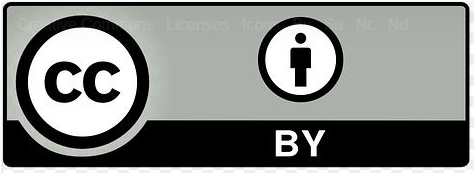
This resource has been developed by Nature Lab, The Nature Conservancy’s youth curriculum platform. It is shared on the Synapses Teacher Academy Portal with kind permission from Nature Conservancy.
SDGs
